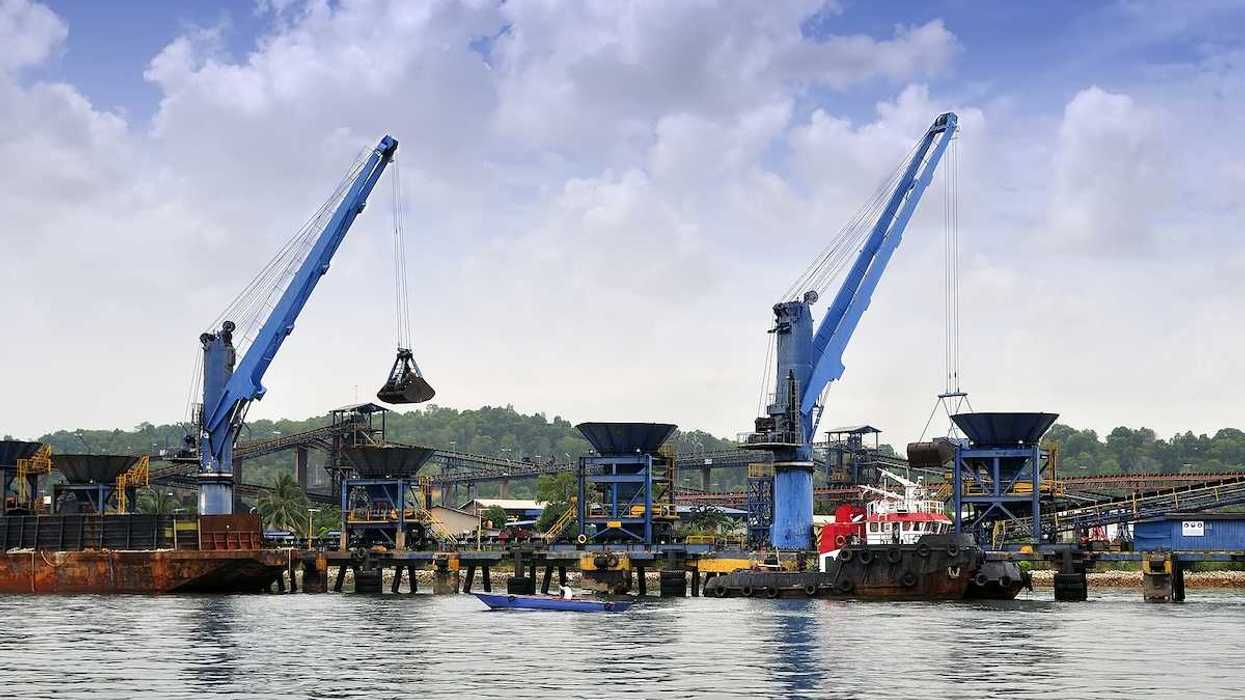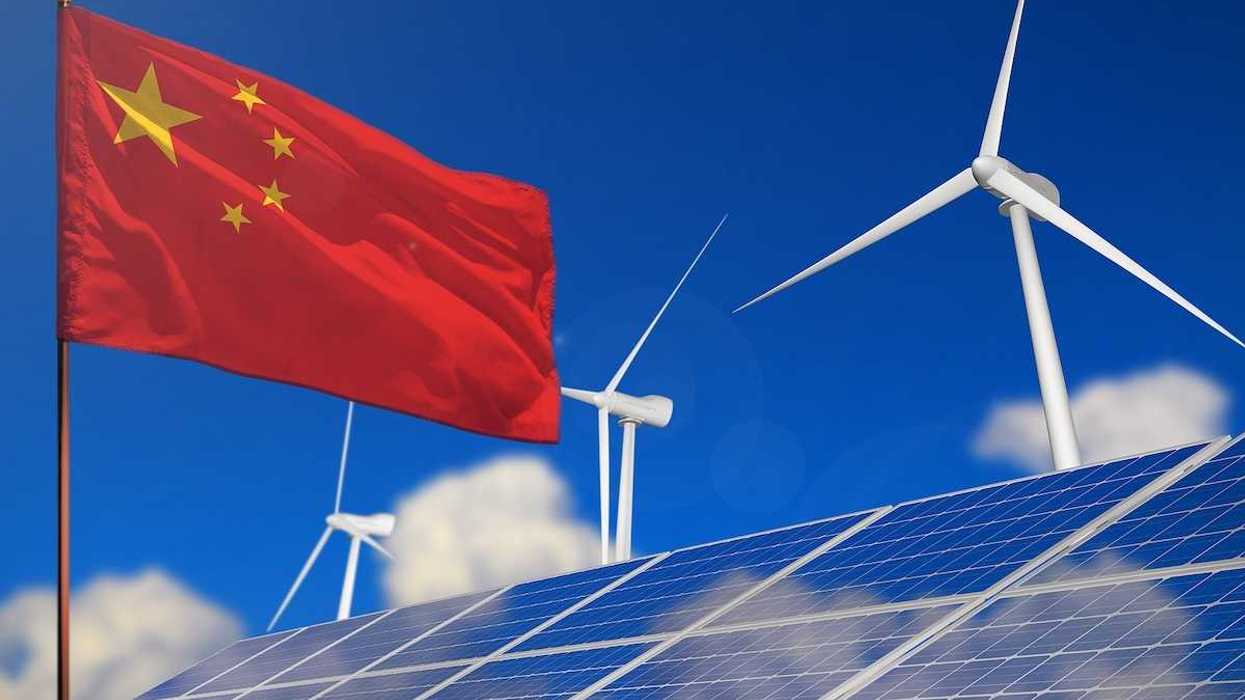I've been thinking a lot recently about how economics and environmental issues are so intertwined.
And I've been thinking particularly hard about the conflict between our desire for boundless economic growth and the realities of our planet's finite resources.
I've also—like many of us—been struggling to understand Trump.
I recently found this 2013 paper by Tim Morgan, the former global head of research at Tullett Prebon, a firm offering investment advice and risk mitigation to commercial and investment banks.
This is the last report he wrote for the research shop. It is fabulous. I particularly like the way Morgan integrates concerns about globalization as contributing to the collapse to world economies and our larger social order. It's uncanny how he anticipates, way back in 2013, Trump's rise.
And it's great to have this analysis from a deeply qualified source widely separated from hippy preppers (if you want more, Morgan's blog, Surplus Energy Economics, is worth following).
One relevant excerpt from the paper:
The compounding mistake, where the Western countries were concerned, was a wide-eyed belief that 'globalization' would make everyone richer, when the reality was that the out-sourcing of production to emerging economies was a self-inflicted disaster with few parallels in economic history.
One would have to look back to a Spanish empire awash with bullion from the New World to find a combination of economic idiocy and minority self-interest equal to the folly of globalization.
The big problem with globalization was that Western countries reduced their production without making corresponding reductions in their consumption. Corporations' outsourcing of production to emerging economies boosted their earnings (and, consequently, the incomes of the minority at the very top) whilst hollowing out their domestic economies through the export of skilled jobs.
Fundamentally, what had happened here was that skilled, well-paid jobs had been exported, consumption had increased, and ever-greater quantities of debt had been used to fill the gap.
This was, by any definition, unsustainable.
Talk of Western economies modernizing themselves by moving from production into services contained far more waffle than logic—Western consumers sold each other ever greater numbers of hair-cuts, ever greater quantities of fast food and ever more zero-sum financial services whilst depending more and more on imported goods and, critically, on the debts used to buy them.
Corporate executives prospered, as did the gate-holders of the debt economy, whilst the vast majority saw their real wages decline and their indebtedness spiral. For our purposes, what matters here is that reducing production, increasing consumption and taking on escalating debt to fill the gap was never a remotely sustainable course of action.
What this in turn means is that no return to the pre-2008 world is either possible or desirable.
Drilling pipe stacked in Houston, Texas, courtesy Blake Thornberry/flickr.
Pete Myers is the founder and chief scientist of Environmental Health Sciences, publisher of EHN.org and DailyClimate.org.
EHN welcomes republication of our stories, but we require that publications include the author's name and EHN at the top of the piece, along with a link back to EHN's version.
For questions or feedback about this piece, contact Brian Bienkowski at bbienkowski@ehn.org.















